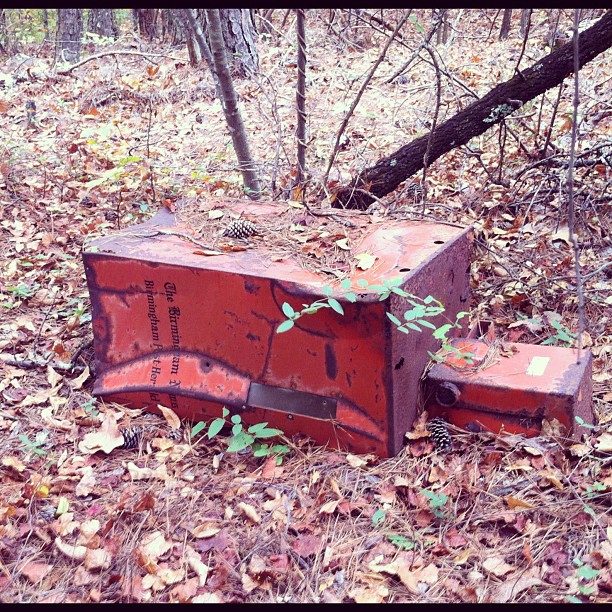I’m just getting to today’s ASCD SmartBrief in my inbox. I don’t often have time to run through it, but it’s summer, and such extravegances are permitted.
The subject line today, “Principal: Testing is about measuring knowledge, not meeting deadlines.” The link leads to this Education Week commentary from Ryan McLane, a junior high school principal in Utica. I’ll leave the content of McLane’s piece to him.
This isn’t about that.
The second story is about 21st-century skills and a Gallup survey sponsored by Microsoft Partners in Learning and the Pearson Foundation.
Third? A story on Texas schools uncovering knowledge that taking kids on field trips helps them think about what they might want to do after school.
These are the top stories under “Learning and Teaching” for the day. While they speak to the trends of the American education landscape, but they do little to push at the boundaries, challenge popular beliefs or uncover new ground.
The other categories in the brief follow a similar pattern.
My ire was probably its highest under the “Whole Child” section which featured a single story on the pantopticonian increase in demand for survelliance cameras as the answer to school safety concerns followed by “Wyo. considers training teachers to recognize students who are at risk of suicide” under a sub-sub-heading.
To say this reflects a saddening national conversation would be an understatement.
Perhaps I’m asking too much of a SmartBrief as well as showing a naive hope that what remains of the Fourth Estate might take on the mantle of helping their audiences critically evaluate the objects of their reporting. At the very least, it would be nice to see any continuing coverage of school closings taking place across the country and how they might disproportionately effect students from different ethnicities differently.
Special thanks to my English teachers who, even though we were firmly in the 20th century, helped me to develop the distinctly 21st-century skill of critical thinking and reading closely.

